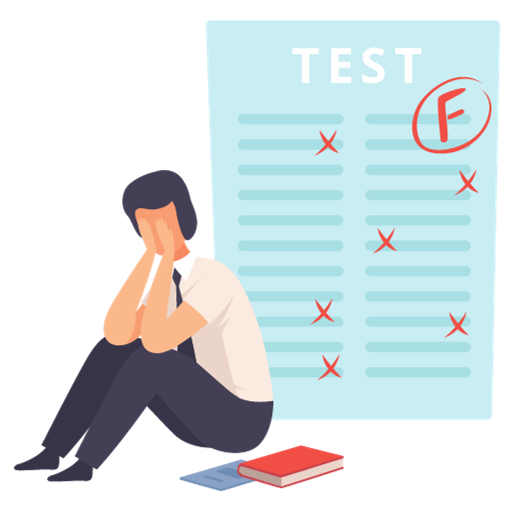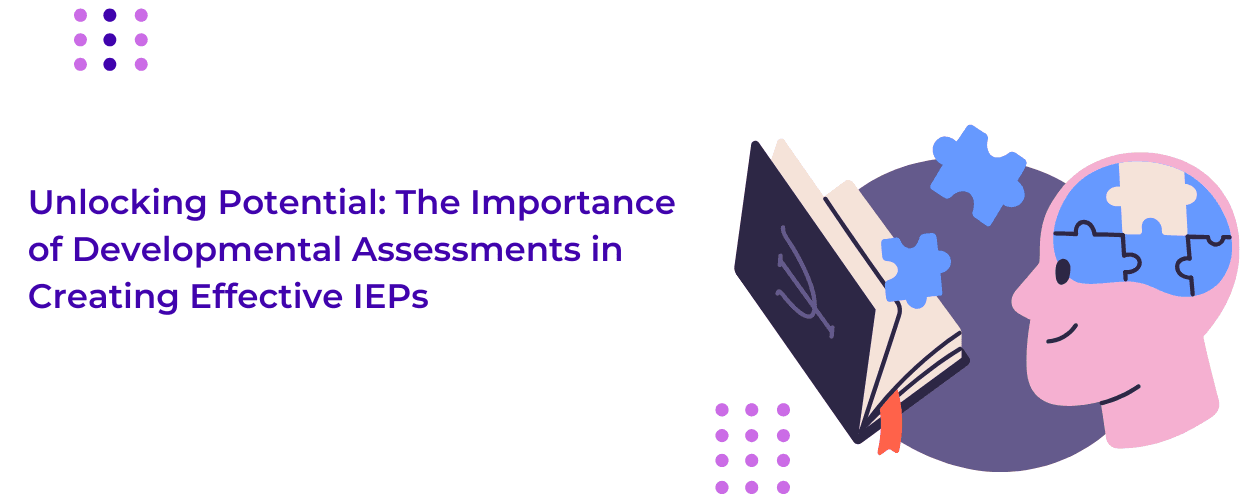Exam anxiety is a type of performance anxiety set off by high expectations, fear of failure, or pressure to perform. Exam anxiety can make you feel like you are not prepared, not smart enough, or not capable of doing well. Exam anxiety, a common phenomenon among students, is not always directly related to the difficulty of the exam but is often fuelled by our reactions, thoughts, and perceptions of the situation. While some nervousness before a test is normal, exam anxiety impacts the ability to study, focus during exams, or even make it to the exam.
Exam anxiety comes with a comes with a combination of physical and emotional symptoms.
The physical symptoms may include:
- excessive sweating,
- nausea or vomiting,
- stomach pain or diarrhea, headaches,
- rapid heartbeat,
- feeling dizzy,
- light headed or faint.
Emotional symptoms include:
- feeling fearful or nervous,
- irritability,
- doubting oneself,
- feeling hopeless, or restless.
Strategies to reduce exam anxiety:
Maintain a healthy lifestyle: It is important to get adequate sleep, eat on time, and make time to exercise. The mind and body are connected, and it is easier for the mind to be relaxed when the body is well cared for.
Study effectively: Study through the year rather than “cramming” at the last moment. Feeling that there isn’t enough time to cover everything increases anxiety. Having a study time table can also help you plan how to cover the study material within the time at hand.
Plan for breaks: Scheduling 15 min breaks every 1 hour to 1.5 hours can help to refresh the mind. A timer can be used to signal the start and end of a break so that the break time isn’t extended beyond what is planned. Use the break to do something enjoyable or move around especially if you have spent too much time sitting.
Relaxation exercises: Relaxation techniques like breathing deeply from the stomach, relaxing your muscles one at a time, or closing your eyes and imagining a positive outcome can help reduce anxiety.
Talk kindly to yourself: It is important to tell yourself that it is ok to make mistakes since no one is perfect. Giving yourself encouragement since negative self-talk will only leave you feeling discouraged and increase anxiety.
Advice for Parents:
- Create a Supportive Environment:
- Encourage open communication about feelings and concerns.
- Foster a positive attitude toward exams, emphasizing learning over grades.
- Provide a quiet and comfortable study space at home.
- Manage Expectations:
- Avoid putting excessive pressure on your child to achieve perfect scores.
- Recognize and appreciate their efforts, regardless of the outcome.
- Reinforce the importance of personal growth and development.
- Teach Coping Strategies:
- Share relaxation techniques with your child.
- Help them develop effective time management skills.
- Encourage seeking help from teachers or counselors if needed.
Students should approach exams with a balanced perspective, focusing on the learning process rather than fixating on outcomes. By incorporating healthy habits, positive self-talk, and proactive study techniques, students can navigate the storm of exam anxiety with greater ease. Likewise, parents play a crucial role in creating a supportive environment that fosters resilience and a positive attitude toward academic challenges.






